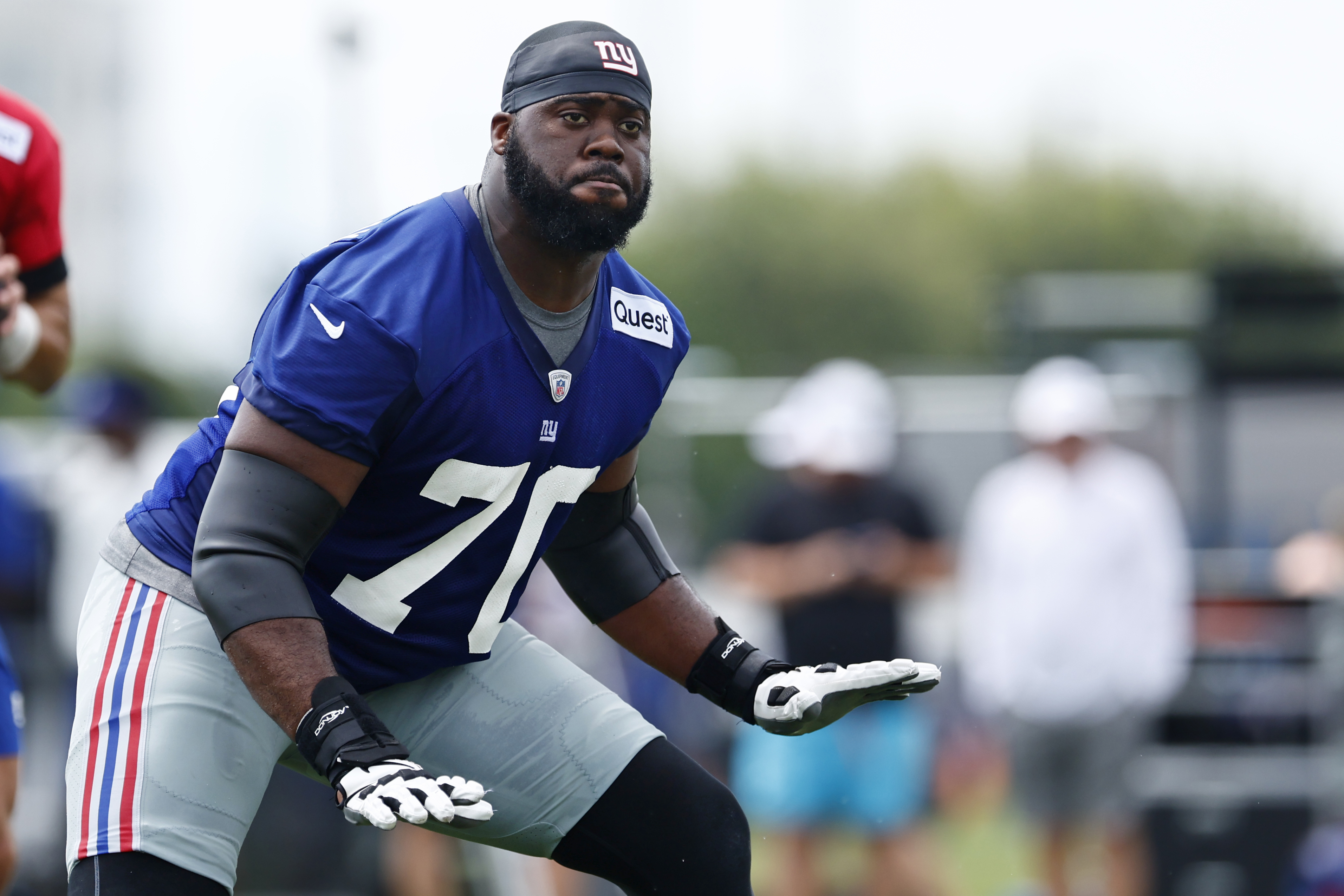New York's top court ruled Tuesday that police cannot place GPS trackers on suspects' vehicles without first getting a court warrant showing probable cause that the drivers are up to no good.
In a landmark ruling, the Court of Appeals split 4-3 on the issue, with the majority saying the tracker that state police planted on Scott Weaver's van for 65 days starting in 2005 violated his constitutional protections against unreasonable searches.
The ruling overturned both the trial court and a mid-level appeals court. Weaver has been free on bail.
"The massive invasion of privacy entailed by the prolonged use of the GPS device was inconsistent with even the slightest reasonable expectation of privacy," Chief Judge Jonathan Lippman wrote.
Judges Carmen Beauchamp Ciparick, Eugene Pigott Jr. and Theodore Jones Jr. agreed.
They rejected the argument that the satellite tracking device was essentially the same as common police surveillance of vehicles.
"New York’s highest court has stood up for privacy and due process in the 21st century," said NYCLU Executive Director Donna Lieberman. "Placing a GPS device on a car is like allowing an invisible police officer to ride in the back seat. The court today rejected that practice without the oversight of a judge and probable cause."
Local
Added Lippman: "GPS is not a mere enhancement of human sensory capacity. It facilitates a new technological perception of the world in which the situation of any object may be followed and exhaustively recorded."
New York State Police have declined to say how many GPS trackers they own or how they use them and declined to say whether trackers were being removed from suspects' vehicles Tuesday.
"The Court of Appeals has rendered its decision and New York State Police will comply," spokesman Lt. Glenn Miner said. "This is a non-routine investigative technique or procedure and we don't discuss those."
In a dissent, Judge Robert Smith wrote, "The attempt to find in the Constitution a line between ordinary, acceptable means of observation and more efficient, high-tech ones that cannot be used without a warrant seems to me illogical, and doomed to fail."
Judges Victoria Graffeo and Susan Read agreed and would have allowed the GPS evidence and conviction to stand.
In a second dissent, Read wrote that the majority opinion "unnecessarily burdens" police and the courts, while "handcuffing the Legislature by improperly constitutionalizing a subject more effectively dealt with legislatively than judicially." Graffeo concurred.
Weaver was convicted of burglary based in part on GPS data that showed him in a suburban Albany department store parking lot before a break-in. He will get a new trial with that information excluded.
Lawyers on both sides said the ruling establishes case law in New York and won't be appealed to the U.S. Supreme Court because the decision was made under the state constitution. Its provision against unreasonable searches and seizures generally mirrors that of the U.S. Constitution.
State courts in Oregon and Washington have rejected police use of GPS without a warrant under their constitutions. Some federal courts have upheld warrantless GPS use.
The Supreme Court has yet to address the issue, though in 1983 it upheld government agents' use of a beeper to track the movements of a container of chloroform.



